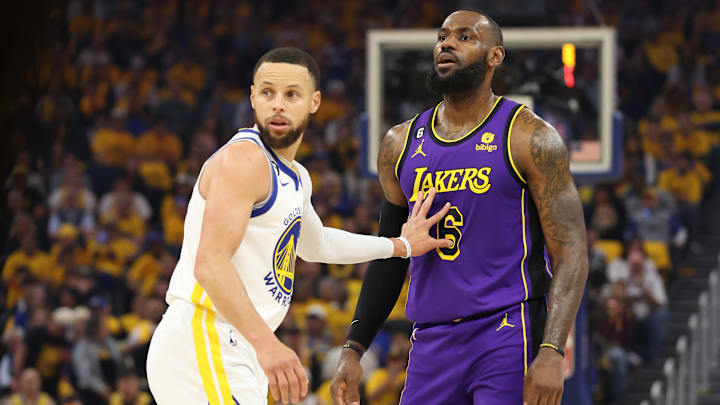4. The Impact Argument
At the very least, titles and individual statistics are measurable indicators of supremacy in the NBA. Do you know what really grinds my gears? An argument that's hinged on evidence that you can't genuinely quantify. I'm talking about none other than impact.
This was the very problem that I had with a GOAT-related video made by YouTuber JxmyHighroller back in 2021. I give him credit for trying his utmost to make the GOAT search a scientific process: coming up with a pool of contenders, identifying key criteria, and even coming up with a weighted point system based on the relative significance of each standard.
I vigorously agreed with every criterion that he presented, up until the very last one. It was then that he said the I-word (two of them, actually):
For starters, why should impact be relevant in an outcomes-based endeavor like basketball? The definition of greatness in this sport is irrevocably tied to putting up numbers that meaningfully contribute to championship victories. Given this definition, it takes quite a stretch of the imagination to figure out how the ability to influence perception and playing style boosts a player's stock in the GOAT discussion.
To add to that, how do you even measure impact? While JxmyHighroller's effort was laudable, his weighted point system is ultimately arbitrary and therefore not definitive. Without a sturdy means of measurement, the criterion of impact loses its bearing in the GOAT conversation.
Did Bill Russell and Magic Johnson impact the game? Without a doubt. Does that make them great players? Not necessarily. You can certainly call them influential, but that attribute would have carried more significance in a genre of art like music or literature. In the sport of basketball - where wins, losses, and accomplishments matter the most - Russell and Magic are two of the greatest ever for many reasons outside of impact.
